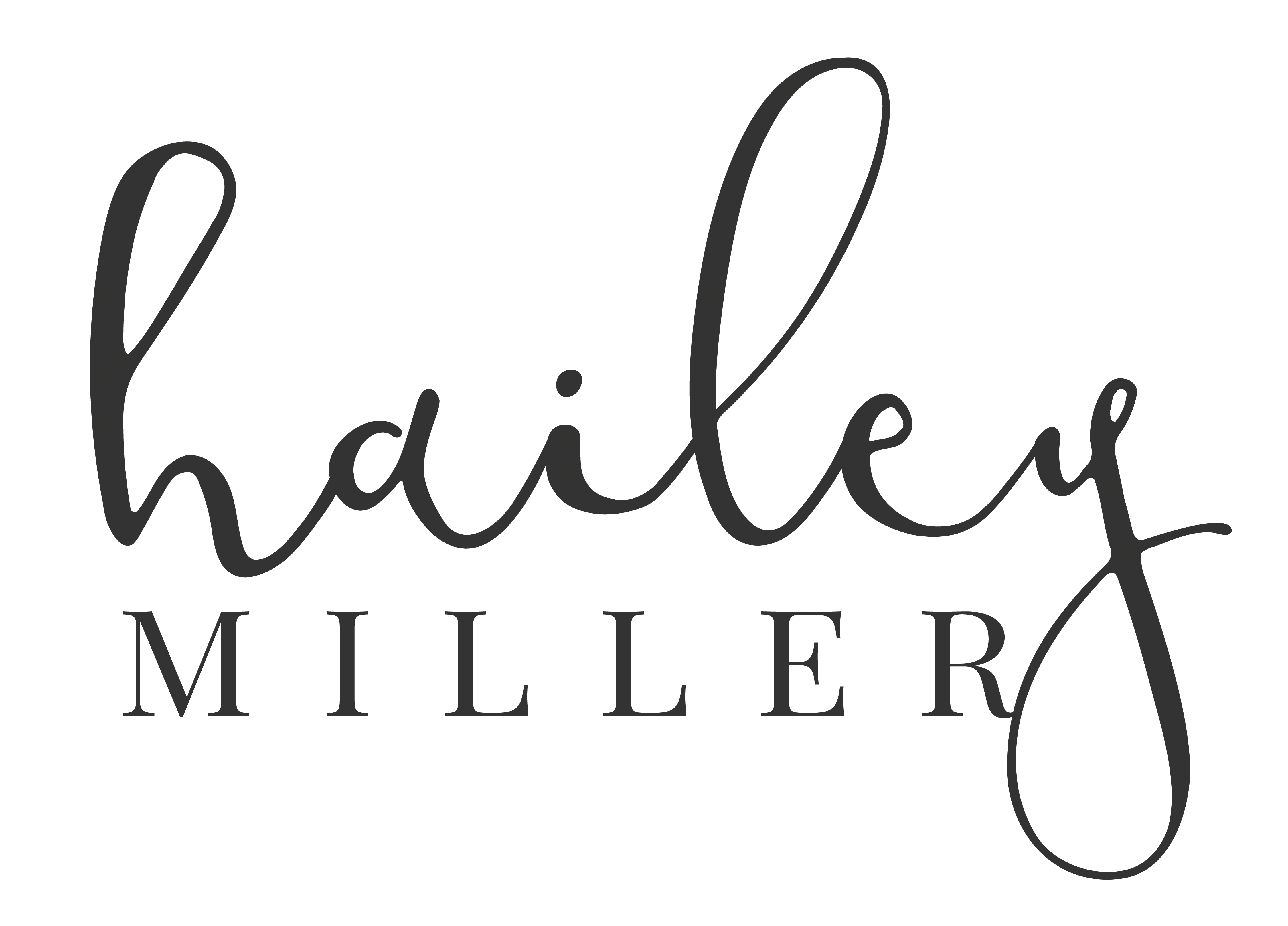
Failure = Bad
Success = Good
Right?
I guess so. I mean, if you’re human, it does feel pretty darn awful to fail. Whether it’s a failure in the office, a foot-in-mouth moment, or not achieving a personal goal, I don’t know anyone who’s like “Oh yeah! That presentation was so bad!”
The reality is we’re going to fail, many, many times. In fact, I hope you do! But it’s how we deal with those failures that really matters.
Thinking we’ve failed at something we set out to do, something we felt so passionate about or maybe something we shouted from the rooftops and didn’t happen makes us feel ashamed, sad, angry, and embarrassed. It’s like we’ve messed up and now how life could possibly go on.
Shame. Sadness. Anger. Embarrassment. Are all thought of as emotions we don’t want to have in our mind and body; emotions that should be avoided at all cost. In anticipation of failure and to attempt avoiding these awful emotions results in an epic fear of failure. For some, this aversion leads to a debilitating and ‘why even try’ mindset.
This general mindset of avoidance should come as no surprise though. We’re taught from a very early age that failure is bad. For many of us, we were encouraged to get straight A’s in every single subject, which given our unique brains and abilities is (for most) impossible; that the college you went to would define your chances of success; that you should seek to be the captain, first chair…the best; that not having a job is shameful; you should be married by [age]; etc.
I’m sure there are many more examples that I’m not thinking of, but I think you get the picture. Our cultural constructs create a structure in which we think we should live. A place where success and failure are both clear and success is empowering, motivating, and applauded and failure is belittled and shameful.
So in our anticipation of failure, we often miss the scenery along the way to the corner office; skip the opportunity to embrace the relationships we’re building in a group project; and numbingly move through the motions of creating that presentation for the big pitch.
Maybe it will surprise you, or maybe it won’t to learn that some of the most successful people are actually the biggest failures.
Oprah was fired from her first job.
Thomas Edison was told he was stupid.
Jerry Seinfeld was booed off the stage his first time.
Walt Disney was told he wasn’t creative.
I wouldn’t mind being in this kind of company…you?
So how did they end up where they are now? How did they develop the resilience and overcome the paralyses the failure of often causes?
Before we dive into what I think sets these people a part from mere mortals like you and me, know that these people are aspirational not who we should want to be. It’s important ground ourselves in what success means to us. You don’t have to be a world renowned name and own a TV network to be successful or develop resilience.
How to Use Failure as Pathway to Success
Eliminate Labels
Like I mentioned before, society has created a framework for what success looks like. Good grades, good looks, being the best, etc. but eliminating labels of ourselves, others, events, and other tangible items can help us start each day with a blank slate. By starting our days and even individual projects on empty we can create goals and objectives that are unique and realistic to us and our abilities and desires.
Think: ‘What Can I Learn?’
Most things fail especially the first time around. This makes sense though right? How could you possibly be good at something the first time you try. Think: riding a bike, swimming, learning a new language, or building furniture.
If you master everything after one shot, please share your secrets, but for most of us this isn’t a reality.
Life is like a science experiment, a total journey of trial and error. Failing at something gives us the opportunity to learn something new about ourselves and about the world around us and make the thing we’re trying to achieve even better the second time around.
For me, I’m reminded of a relationship. I haven’t been in a relationship that ‘works’ and dating feels really hard. But each time I go on a date or reminisce on a past relationships, I learn more about myself and what I want. This saves me time and energy in the future.
You could apply this to almost anything — work, hobbies, exercise, diets, etc.
Be Perceptive
In order for that theory to work, you have to be aware, present, and perceptive. You have to:
- understand yourself and what your unique wants, desires and skills
- Pay attention to what’s going on in and around you & how that makes you feel and act – other people, your environment, your reactions
- Reflect. Maybe every day, maybe every week, or maybe on a circumstantial basis. I find that journaling activities that have happened in my day, how it made me feel, and where I’m finding success helps me to learn, optimize, and move on.
Enjoy the Journey
We’re taught to ‘live in the present’ and ‘be here now.’ But it’s also important to understand that the past existed for a reason and you have the future to look forward to. Knowing and believing this can help us get outside of our failure mindset and enjoy the journey of each moment. Learning from the past, embracing the present, and knowing that the future holds exciting opportunities and experiences.
Believe In Yourself
Last but certainly not least…believe in yourself. You have the ability to overcome adversity in whatever form it presents itself in by gaining confidence, knowing your true self, and taking authentic, purposeful, and intentional action.
Cheers to you failing to succeed many times over!

Recent Comments